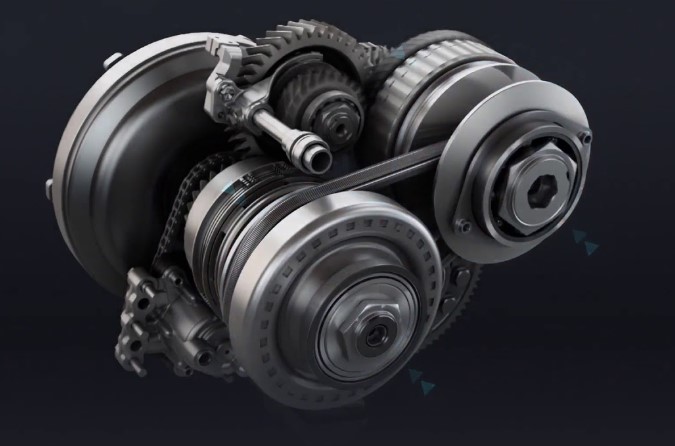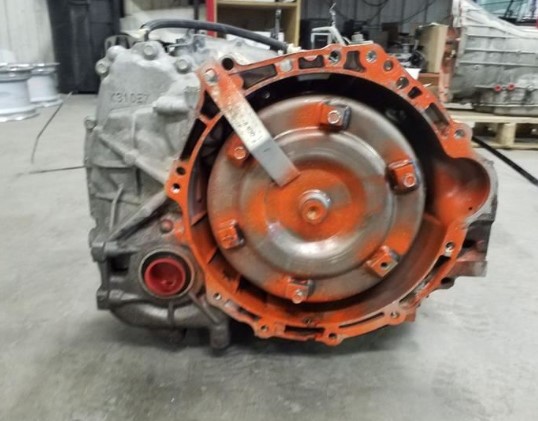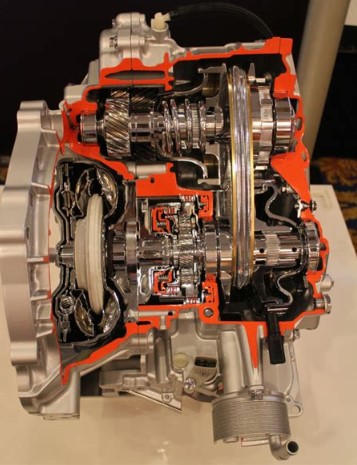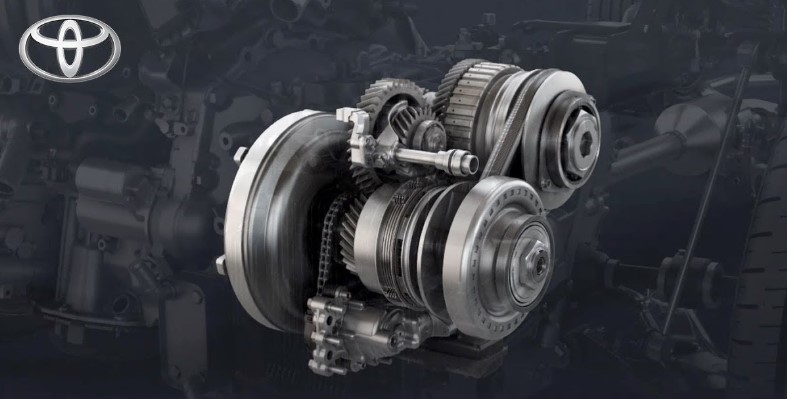Toyota Corollas, renowned for their dependability and fuel efficiency, are not immune to issues. The CVT (continuously variable transmission) often stands out as a problematic area. This article highlights prevalent Toyota Corolla CVT transmission problems, their identification, and preventative measures.
💥See also: Navigating 2020 Toyota Corolla LE Problems: A Guide
Understanding Toyota Corolla CVT Transmission Problems

The CVT, an automatic transmission variant, utilizes a belt or chain to link the engine with the wheels. Distinct from traditional automatic transmissions with fixed gear ratios, the CVT seamlessly adjusts its gear ratio, optimizing engine efficiency for various speeds.
Predominant Issues with Toyota Corolla CVT Transmissions

Several common problems plague Toyota Corolla CVT transmissions. Notable among them are:
- Delays in Gear Shifting: A frequent issue where the transmission hesitates before changing gears during acceleration.
- Abrupt Gear Shifts or Grinding: These may occur during rapid acceleration or deceleration.
- Unusual Burning Odor: A potential indicator of leaking transmission fluid or internal component damage.
- Whistling Sounds: Often a sign of transmission fluid leakage or belt/chain issues.
Identifying Toyota Corolla CVT Transmission Problems

To pinpoint issues with your Toyota Corolla’s CVT transmission:
- Monitor Driving Experience: Be alert for symptoms like delayed shifting, grinding, burning odors, or whistling sounds.
- Professional Inspection: A skilled mechanic can diagnose transmission issues using specialized tools.
Preventing CVT Transmission Issues
To mitigate CVT transmission problems:
- Adhere to Regular Maintenance: Follow the manufacturer’s guidelines for servicing your Corolla’s CVT transmission.
- Use Approved Transmission Fluid: Toyota recommends certain transmission fluids for CVT models.
- Drive Moderately: Rapid gear changes or abrupt acceleration/deceleration can strain the transmission.
Conclusion
While CVT transmissions are generally dependable, they are susceptible to issues. Experiencing any of the symptoms above warrants a professional inspection. Adhering to the outlined preventive measures can contribute to the longevity and smooth operation of your Corolla’s CVT transmission.
Additional Insights
Besides the points mentioned above, consider these extra tips to maintain your Toyota Corolla’s CVT transmission:
- Complexity of CVT Transmissions: Being more intricate than standard automatic transmissions, CVTs have more components, potentially increasing malfunction risks.
- Heat Sensitivity: CVTs are particularly vulnerable to heat, so driving in hot conditions or towing heavy loads can induce problems.
- Fuel Efficiency at Low Speeds: CVTs may be less fuel-efficient than traditional automatic transmissions at lower speeds.

